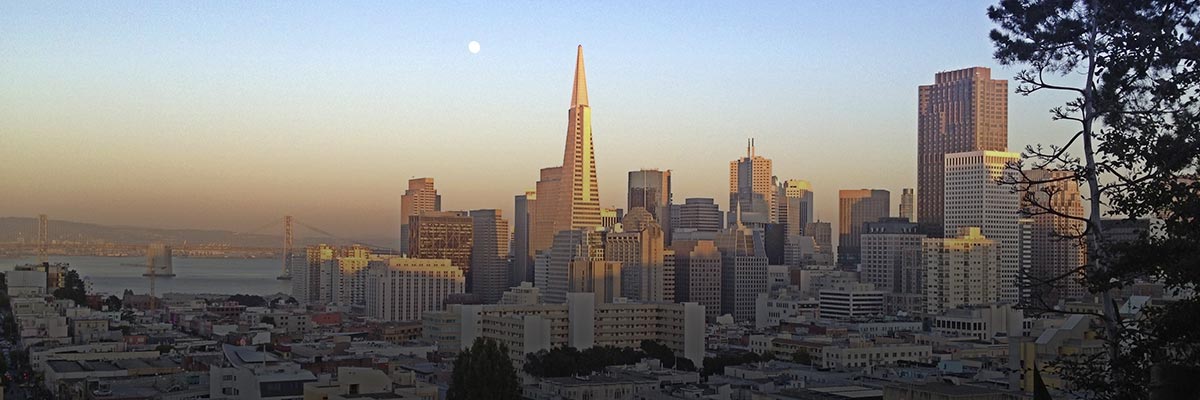San Francisco
September 11, 2018
9 am - 6 pm PDT (Pacific Daylight Time)
Extreme weather events and long-term climatic changes are impacting economies everywhere, and non-state actors and governments must coordinate action to build the resilience of communities, ecosystems, and economies alongside action to reduce greenhouse gas emissions and limit global warming.
This full-day event will feature a series of sessions from organizations focusing on different aspects of resilience and the practical steps that a range of actors can take. The day will showcase keynote speakers, panel discussions, and interactive sessions highlighting examples and leaders from developing and developed countries, including from California- and U.S.-based organizations.
If you work with business and investors, philanthropists, international finance institutions, local and national governments, knowledge and research groups, or local and international civil society organizations and want to take action on climate resilience, please join us.
The BSR-led portion of this event is part of a series of global “Redefining Sustainable Business” convenings that will generate insights to help reshape how we think about the sustainable business agenda. These dialogues will feed into content that will be disseminated at the BSR Conference 2018 in New York, November 6-8.
Sessions
- Why Resilience Matters, led by Stockholm Resilience Centre, SwedBio, MIT Environmental Solutions Initiative, and A2R
- Redefining Sustainable Business by Building Resilient Value Chains, led by BSR
- Building Energy System Climate Resilience, led by ICF
- Building Resilience: Local Level and Community Action, led by Munich Climate Insurance Initiative and The International Federation of Red Cross and Red Crescent Societies
- Pan African and African Diaspora Gender Justice Dialogue on Climate Change, led by Climate Justice Resilience Fund and NAACP
- Working with Nature to Build Resilience, led by IUCN, FAO, and UNE
- Investing in Resilience, led by the Global Adaptation and Resilience Investment Working Group and Willis Towers Watson




